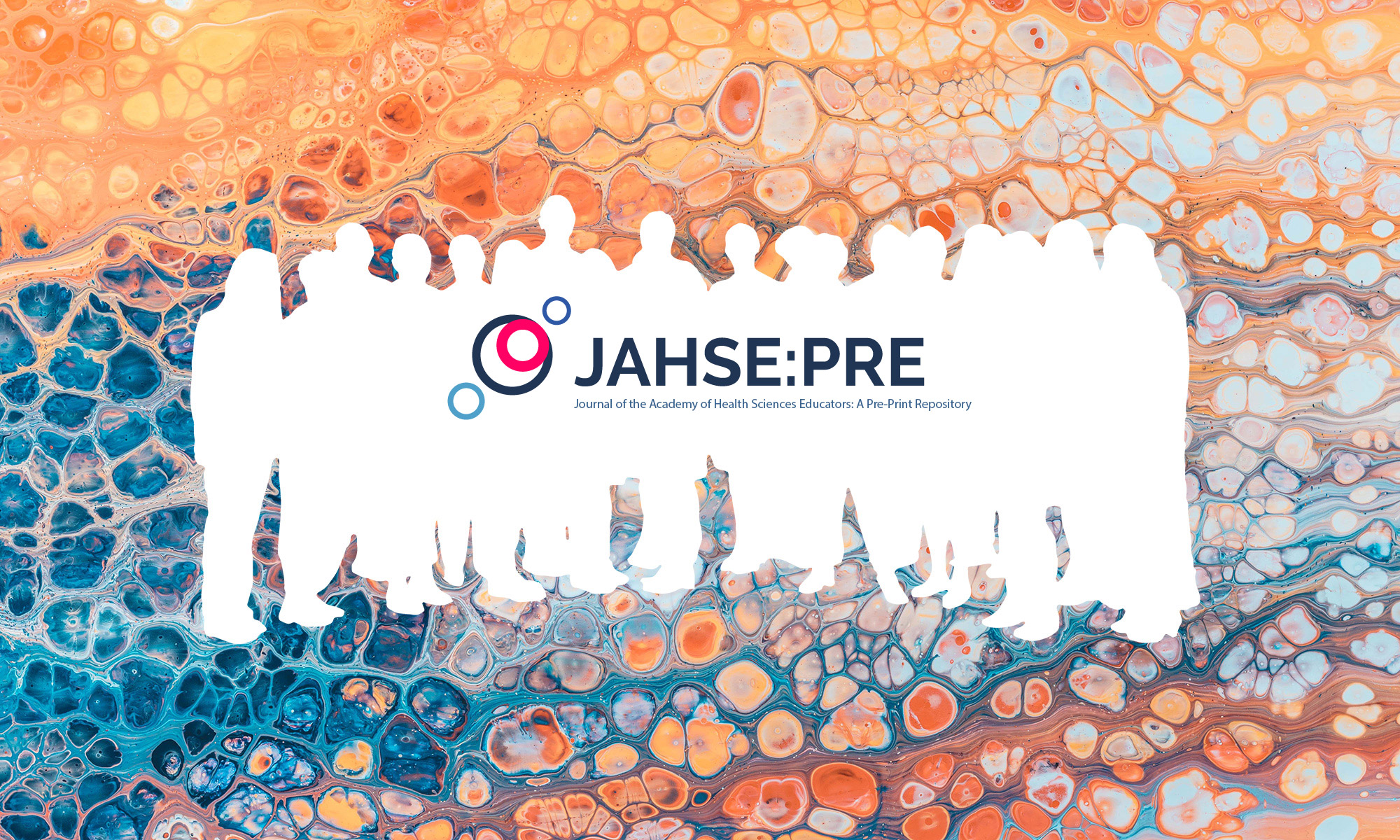Adult Learning Theory
Abstract Andragogy, the art and science of helping adults learn, gained popularity in the 1970s, often based on Malcolm Knowles (1970, 1984) assumptions regarding adults as learners. This non-neuropsychological learning theory posits adults see themselves as self-directed learners, can call on their prior experience as a resource for learning, are motivated by the desire to …
